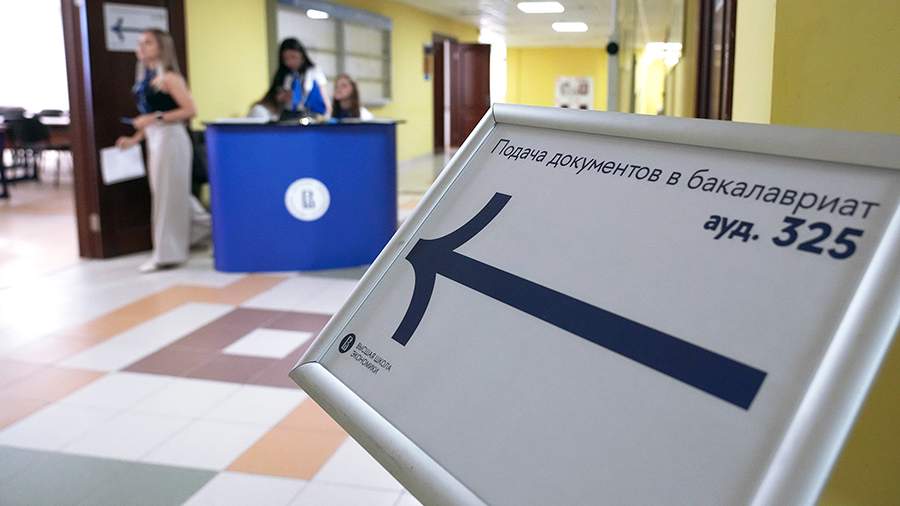An expert gave advice to schoolchildren on choosing between higher education and college
- Новости
- Society
- An expert gave advice to schoolchildren on choosing between higher education and college

In the ninth grade, every schoolchild will have to decide what his or her next level of education will be, whether he or she will go to college or university. Alexander Khvostov, director of relations with the educational community of the exhibition "Entry Navigator", told "Izvestia" on February 11 how to make the right choice.
It is believed that schoolchildren seeking a working specialty choose colleges, while those who intend to work in an office should continue their education at a university. However, this approach is not quite right, the expert is sure. He noted that there are many professions related to office work, which can be mastered in secondary vocational education institutions. For example, insurance specialists or lawyers also mostly work in offices. They are a valuable resource as such professionals are in short supply in the market.
"When choosing an educational path, it is important to consider a child's dreams and goals. If he or she wants to learn an applied specialty, then a reasonable solution would be to enroll in college. However, for those who aspire to a scientific career, higher education becomes a mandatory step. Scientific work requires not only a bachelor's degree, but also further study in graduate school. Studying in high school is also necessary for those who plan a career in areas that are not available without higher education. For example, these are professions in the field of high-tech development, aircraft construction, medicine and so on," Khvostov added.
According to him, for a deeper understanding of this issue, it is useful to pay attention to the list of professions on the websites of educational institutions. Having familiarized himself with them, a teenager will better understand his possibilities. Educational exhibitions, open days and other events will help high school students. They can talk to teachers and students to get up-to-date information about current educational and career prospects firsthand.
The expert said that there are situations when a teenager is firmly convinced of his or her choice of profession and does not see the need to continue studying in grades 10 and 11.
"The main goal of a high school student may be to get a job as soon as possible. In this case, parents should discuss with him the possibility of combining studies with part-time work. This is important so that the teenager does not fixate only on the financial aspect and does not jeopardize his education because of the need to earn," Khvostov explained.
In addition, it is important that the child understands whether he or she is ready to continue studying in high school and take the USE, the expert added. He emphasized that fear of the exam should not become a barrier for those who seek higher education, and also noted that every child is capable of successfully passing the USE if he or she focuses on preparation.
Earlier, on December 29, 2024, it was reported that the Ministry of Education and Science of the Russian Federation set the minimum score for the USE for the 2025/26 academic year. The minimum score for the exam in mathematics will be 39, and in Russian language - 42, in physics - 39, in foreign language - 30, in literature - 40, in biology - 39, in geography - 40, in chemistry - 39, in social science - 45, in history - 35, in computer science - 44.
Переведено сервисом «Яндекс Переводчик»

